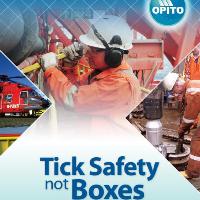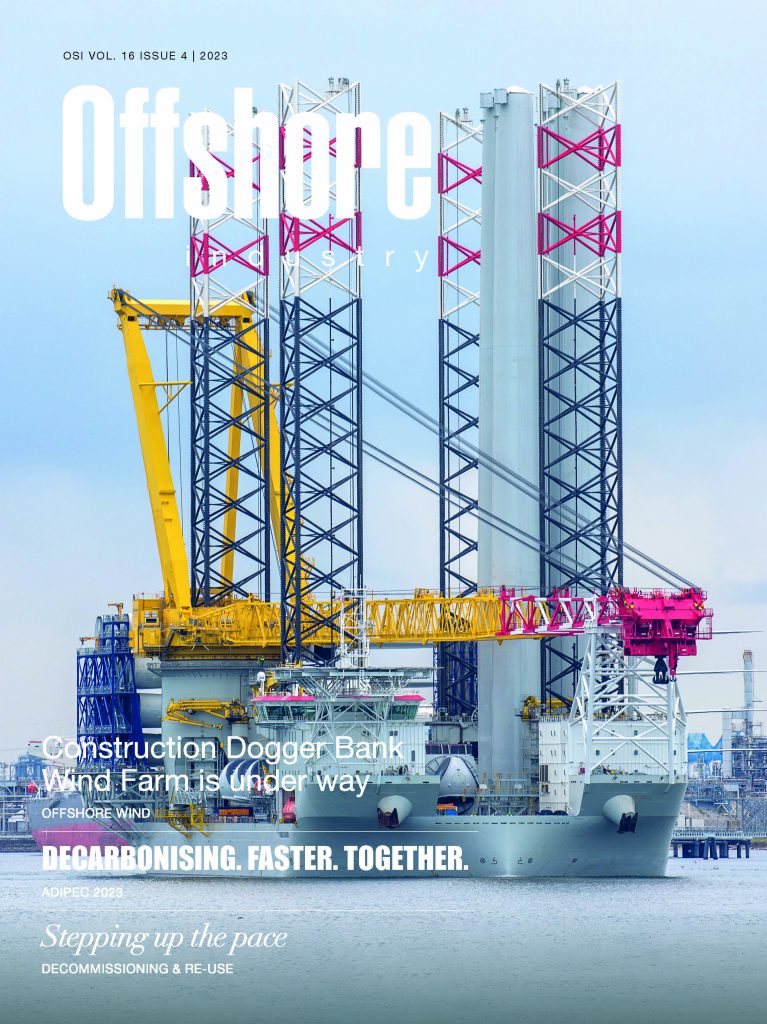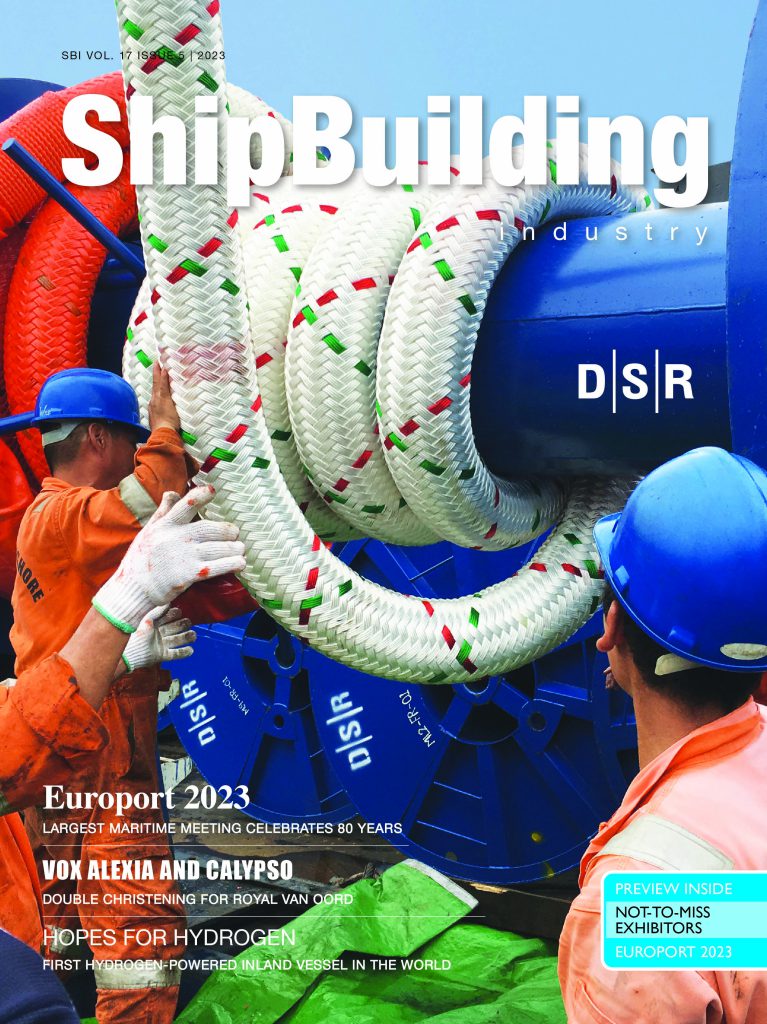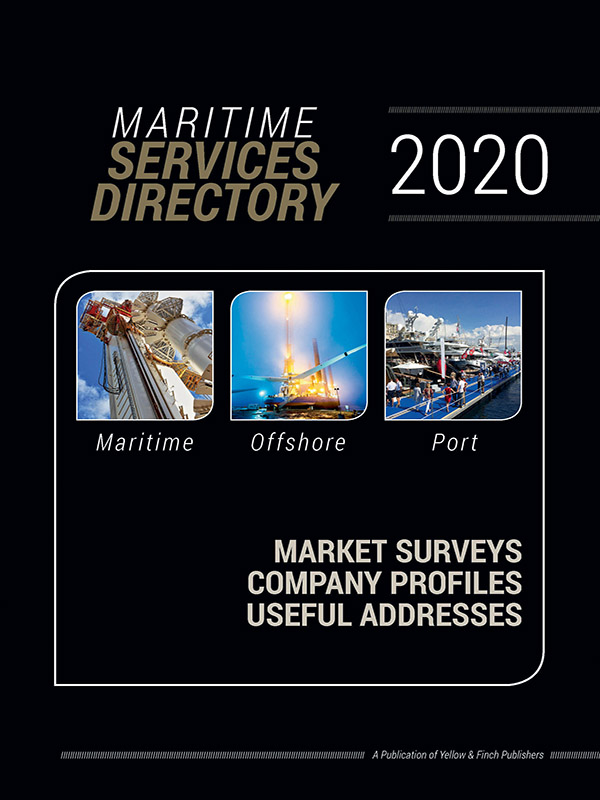Tick Safety Not Boxes
 New research has revealed that an improved focus on competence is required if the oil and gas industry is to deliver a step-change in safety skills and performance. Over 65% of respondents believe that the current focus on compliance in companies could lead to complacency. Entitled ‘Tick Safety not Boxes’, the research commissioned by OPITO and conducted by the Robert Gordon University explores the issues around compliance and competence in the global oil and gas industry.
New research has revealed that an improved focus on competence is required if the oil and gas industry is to deliver a step-change in safety skills and performance. Over 65% of respondents believe that the current focus on compliance in companies could lead to complacency. Entitled ‘Tick Safety not Boxes’, the research commissioned by OPITO and conducted by the Robert Gordon University explores the issues around compliance and competence in the global oil and gas industry.
International oil and gas industry skills and training standards body, OPITO, embarked on the research as part of its quest to improve global safety and competency standards. David Doig, group chief executive of OPITO, said: “Anecdotally we recognised that there was tension among oil and gas companies between ensuring compliance and a competent workforce that can perform safely. The research has confirmed that, while many companies go over and above their legal and other requirements in terms of compliance, there is a mixed approach to competence with various views on what it actually is and how it is measured.”
Tick Box Mentality
Compliance aside, organisations need to know their employees are competent to do the job they are trained for. The research proves that the tick box mentality around compliance needs to change and a real understanding of what competence is, who takes ownership of it and how it can be achieved is the best way to protecting people, performance and reputations”, he continues
Global Standards
The findings reveal a clear realisation among oil and gas companies around the world that being compliant is not enough to improve workforce safety and skills. While respondents believed their company approach to compliance is exemplary, there is an appetite for greater consistency and global standards in competence management. Respondents highlighted that certification does not equate to competence and more attention needs to be paid to the outcomes of training programmes. The robustness of assessment of competency and validity of processes was questioned and there appears to be a lack of consensus and common understanding of what competence means.






